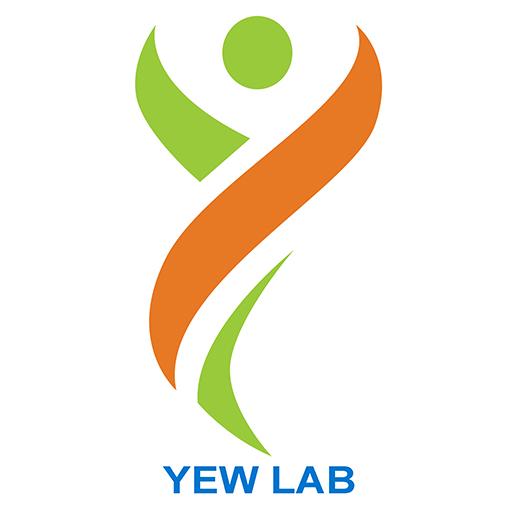Planetary Health – Urban Sustainability
Rapid population growth and urbanization has exacerbated demand for materials and require smart cities to produce new products and recycle used ones in a highly efficient and environmentally friendly manner. Meanwhile, modern cities are pressurized to keep pace with the “Digital Revolution” that generates digital data with unprecedented speed and quantity, urging for ever-escalating data storage capacities. The Yew Lab strives to provide innovative solutions to these challenges. Our current foci are on the development of sustainable processes for biomanufacturing, electronic and plastic waste bioremediation, and de novo enzymatic DNA synthesis.
Green
Green Biomanufacturing

Petroleum-based products or petrochemicals are facing the pressing issue of raw material depletion and alternative chemical compounds derived from natural fats and oils, or oleochemicals, are promising substitutes. However, the diverse sources and complex compositions of natural fats and oils pose new challenges for existing manufacturing processes, which are largely designed for petrochemicals. To meet these challenges, we have established a high-throughput enzyme discovery and engineering platform that enables us to quickly identify and optimize key enzymes for a given manufacturing task with defined raw materials and desired products. In partnership with leading industrial players, we are developing novel bioprocesses that utilize newly discovered natural enzymes and their engineered variants to produce various oleochemicals such as specialty fats and biodiesels.
E-Waste
E-waste Bioremediation

The Digital Revolution has led to the production of a huge amount of electronic waste (e-waste). Given the serious environmental issues and the potential commercial values associated with it, the e-waste industry is actively seeking recycling processes that have larger processing capacity, lower operational cost, and reduced environmental impact. Towards this end, we have developed a novel bioprocess that employs a bio-hydrometallurgy principle and utilizes microorganisms for e-waste recycling. Our patented technology has stirred up considerable interest from the industry, with several collaborations and partnerships already in place or being established.
Plastics
Plastics Bio-upcycling

To tackle the plastic upcycling problem, we are engineering both enzymes and microorganisms for enhanced polyethylene terephthalate (PET) degradation and conversion to value-added products. By applying our proprietary directed evolution method, we aim to drastically improve the activities of key plastic degrading enzymes, which can be incorporated into PET utilization modules (PUMs) for easy adaptation to various industrial strains. Such developments are expected to allow usage of PET waste as feedstock in biotransformation processes to upcycle PET in a carbon-neutral and sustainable way.
Synthetic DNA
Synthetic DNA for Data Storage

Another challenge brought about by the Digital Revolution is to store a huge, ever-increasing amount of digital data. When compared with current mainstream magnetic and optical storage media, DNA leads with a wide margin in its storage density and durability but still lags substantially in cost and accessibility. In collaboration with industrial partners, we aim to develop denser, cheaper, and more efficient end-to-end technology solutions to make DNA data storage feasible in practice. Key R&D activities in this area include
1) novel enzymes for high-precision, low-cost de novo DNA synthesis, and
2) highly condensed, spatially organized DNA packaging for increased storage density and better accessibility.

